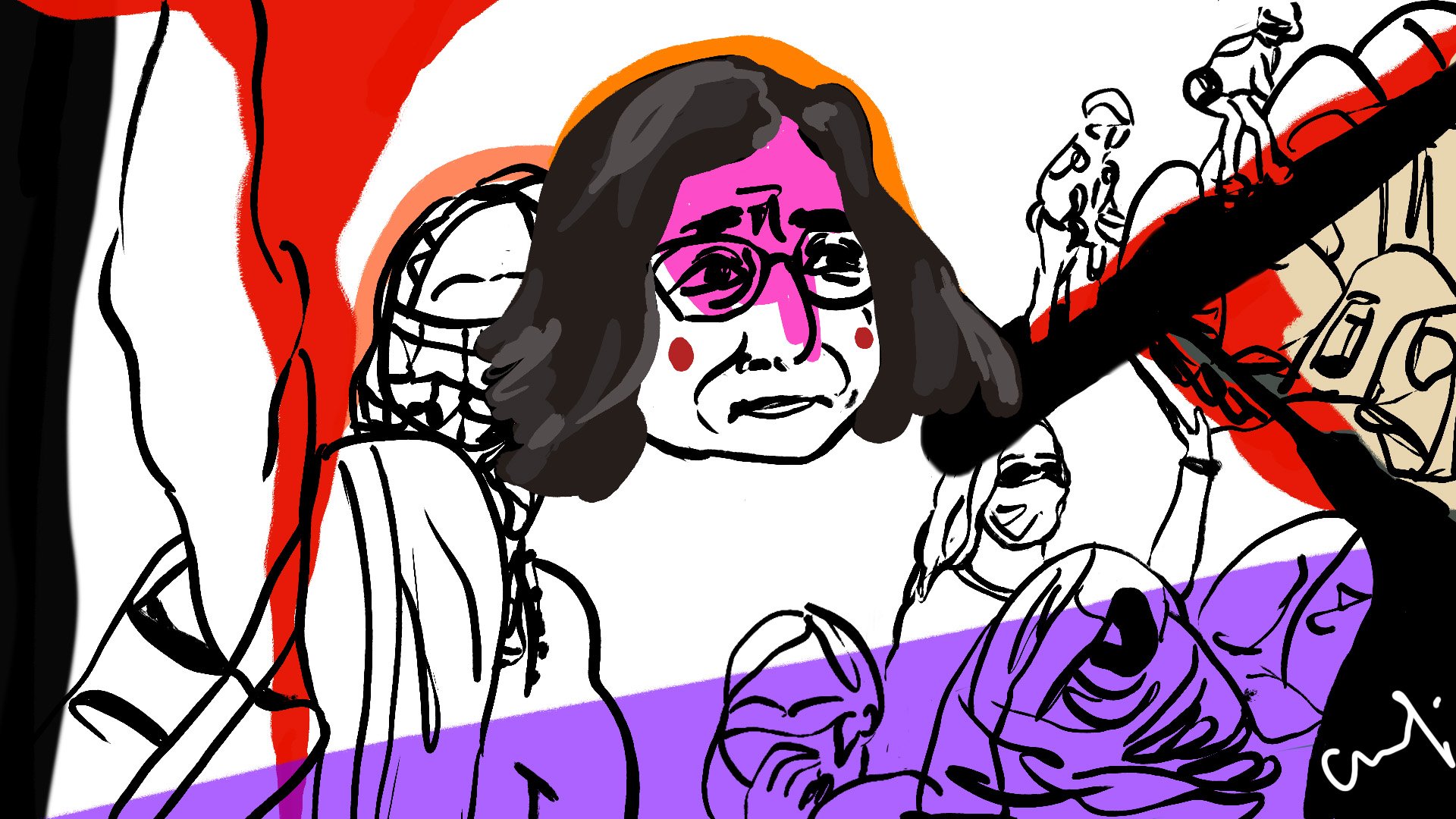Campus
With recovery from the global recession proceeding slowly and youth unemployment at almost 15 percent, it is tempting to question the actual value of our liberal arts degrees. We reached out to the Columbia community to find out their views on education and the economy, asking student groups, professors, and administrators the following question: What role should Columbia play in preparing students to face this economy?
Columbia Students, from libertarians to socialists, debate the Citizens United ruling and campaign finance more generally.
But nowhere in Columbia's proxy voting guidelines does Columbia bother itself with the actual abstention from investments in fossil fuels, despite it simultaneous recognition of the moral irresponsibility of climate change. The hypocrisy!
The decision of a group like BCD to adopt another color as the symbol of their movement - which implicitly entails a decision not to wear green - should raise some questions about our accepted notions of environmentalism.
A new student group has emerged out of the ashes of Columbia’s once vibrant environmental movement: Barnard Columbia Divest.
Columbians from Students for Justice in Palestine and LionPAC organized competing demonstrations Tuesday afternoon in support of the warring sides in the continuing conflict in Gaza between Israel and Hamas.
I’m tired of eating club themed cupcakes, attending cosponsored lectures, flyering for discussions, and rambling about interesting ideas in class. If we never put our high minded philosophy into issues as clear cut as this, it’s all useless.
We have to keep studying, debating, testing new strategies, and sharing our experiences with each other and those who will come after, and along the way, we will win.
As a freshman at Columbia, I was surprised to find many upperclassmen jaded to the possibility of changing anything ... To get people involved you have to give them something to which they can relate; you have to give them something to fight for. The face of a Barnard office worker is a reality people can’t ignore.
It was a bright happy day of barbeque and Top 40 hits this Tuesday at the Founder’s Day Celebrations, but something was sunny at Barnard. The office and clerical workers represented by the UAW Local 2110 are in a state of limbo.
The deadline to mail voter registration in New York is today, October 12, so be sure to drop off that form in the Lerner mailbox if you haven't already. If you are already registered to vote but have not requested an absentee ballot or want to receive text or email reminders about this and future elections, click here to visit TurboVote.
On a dark, cold Monday evening nearly a hundred students, faculty member, and union organizers sat together at Barnard in the group’s first sign of solidarity. The struggle, pitting Barnard President Debora Spar against 130 of the lowest paid employees on campus, will determine whether these workers get to maintain basic labor rights ranging from serious cuts to healthcare and maternity leave to controversial proposals like the elimination of sexual harassment claims and child care leave.
Every 9 seconds, a woman in the United States is assaulted or beaten. Around the world, at least one in every three women has been beaten, coerced into sex, or otherwise abused during her lifetime. The pervasiveness of this issue is astounding: Domestic violence is truly an issue that impacts us all – it transcends race, class, culture, and age, impacting women and men everywhere.






























Eve Goldenberg, CC’17, a native New Yorker, came to Columbia with the dream of becoming a screenwriter. In her first semester, she enrolled in a formal acting class and once a week, took the subway downtown to continue her study of improv theater. By the spring of her freshman year, however, Goldenberg felt far away from her dream.